Written over a free organic lentil salad at Le Bourget.
After three days of playing tourist, we finally got down to business this morning for the start of the civil society element of the COP21 conference. The conference center, Le Bourget, is about thirty minutes out of the city and took us three confusing metro lines and one crowded bus ride to get to. We arrived at the convention center just before the doors opened at 11am and filed through lengthy security lines amongst dreadlocked activists and business-suited CEOs to get into the building. The civil society venue consists of over one hundred expo booths, rooms for lectures and presentations, and art displays. It also includes large interactive spaces, where individuals can bike to charge their phones, watch live feed from the heads of state conference, and review educational materials while enjoying organic and vegetarian meals at the cafe. The make-shift building which hosts the conference was built in the last few weeks and constructed entirely of sustainable materials. Cork board and wood chips make up the walls, and a temporary tent replaces a would-be ceiling. Over the two-week span, the conference offers over 340 lectures and more than 60 film screenings.
Overwhelmed with a plethora of activities, we selected a handful of panels and lectures to check out this morning. We started with an analysis of the legal implications and importance of structure in the negotiations with a panel hosted by the World Resources Institute. This discussion touched on how the conference outcome will affect the private sector and the difficulty of setting targets that will keep the climate under the warming limit. As mentioned yesterday, many island nations are seeking an agreement that will keep temperature rise below 1.5 degrees C, while many developed nations see 2 degrees itself as highly ambitious. One speaker, who is actually a delegate for the Marshall Islands, quoted an emotional statement from his nation’s president regarding the desire to keep temperatures below 1.5 degrees C: “Everything I know and everything I love on this planet is just 2 meters above sea level.”
The next event we attended was titled #YouthPower: the role of children and young people in tackling climate change, and echoed similar sentiments to the first presentation. This talk started with an engaging spoken word poet, followed by teenagers from Malaysia, Zambia, Brazil, Indonesia, and the Philippines who shared their stories about how climate change affects their lives personally, and the impact it has on their local communities. Youth voices from around the world are so important in the climate conversation, as these are the people growing up experiencing the detrimental effects of warming temperatures, and have to live with the consequences of generations’ past as they struggle to survive in the future. We were left inspired and reminded of our mission when one youth ambassador left us with the quote “be part of the generation that saves the world, not destroys it”.
While these talks can be heavy, the conference center was definitely lively and energetic (as you can see from our photos). We were surrounded by thousands of people speaking a multitude of languages wearing everything from business suits to traditional indigenous costumes. After three days exploring the city streets of foreign country, it felt like we were home again amongst fellow environmentalists.
To cap off the day, Lily and Elliot opted for a discussion on climate relations between Europe and China, while Gabby attended an interfaith dialogue about climate change, sustainability, and resiliency. While Elliott and Lily were disappointed with the presenters and the points discussed, Gabby was delighted with the panel she chose, which consisted of a Korean minister, a Sri Lankan monk, a South African buddhist, a Norwegian community developer, and a Kenyan non-profit founder. This talk brought light to the moral and ethical side of climate change, calling for shared responsibility in this global crisis. The Buddhist outlook resonated deeply with Gabby (who has studied Buddhism in Nepal and at CC), which focuses on approaching the issue with compassion. There was also an emphasis on understanding the interconnectedness of everyone and everything in this world. This was the first time today that someone mentioned suffering beyond the human realm, shifting gears from the anthropocentric approach that so dominates our society into a more ecocentric outlook with concerns for all living beings (flora and fauna), not just human beings. This inherent value (that you may or may not assign to plants and animals depending on your beliefs) is almost always absent from political negotiations, which this panel finds detrimental and called for the audience to remember that all living beings deserve climate justice, because we are indeed all connected.
Exhausted but excited about our day, we battled the bustling metro and headed home enthusiastic about what the rest of the conference holds for us. We are optimistic about the negotiations and are delighted to be surrounded by the brightest and most influential people in climate world. While the politics are complex and often disappointing, it is comforting to know that there are thousands of people around the world who are making massive efforts in their communities and beyond to create the same positive change that we’re trying to make.
Update from today’s heads of state conference:
-
Today’s talks were led by Laurent Fabius, who was officially elected president of the COP21 yesterday morning
-
India strongly stands by its position established yesterday that rising nations should be free to use fossil fuels for industrialization purposes to boost their economies
-
There is a push to make climate change valid grounds for granting people asylum, although no national court has yet ruled in its favor
-
Obama backs the 2014 Pentagon report that names climate change one of the biggest threats to national security due to factors like disease, terrorism, global poverty and food shortages resulting from climate change.
- Putin shocked everybody in today’s address, expressing support for climate action, acknowledging that climate change “has become one of the gravest challenges humanity is facing,” after previously being a prominent disbeliever in climate science.
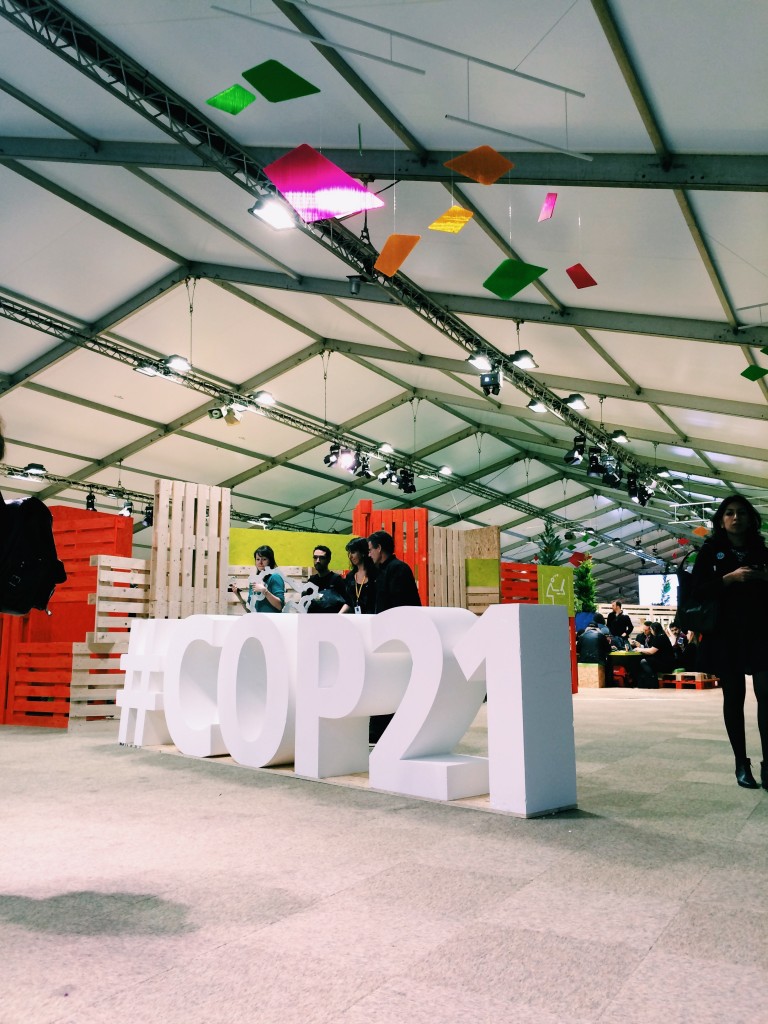
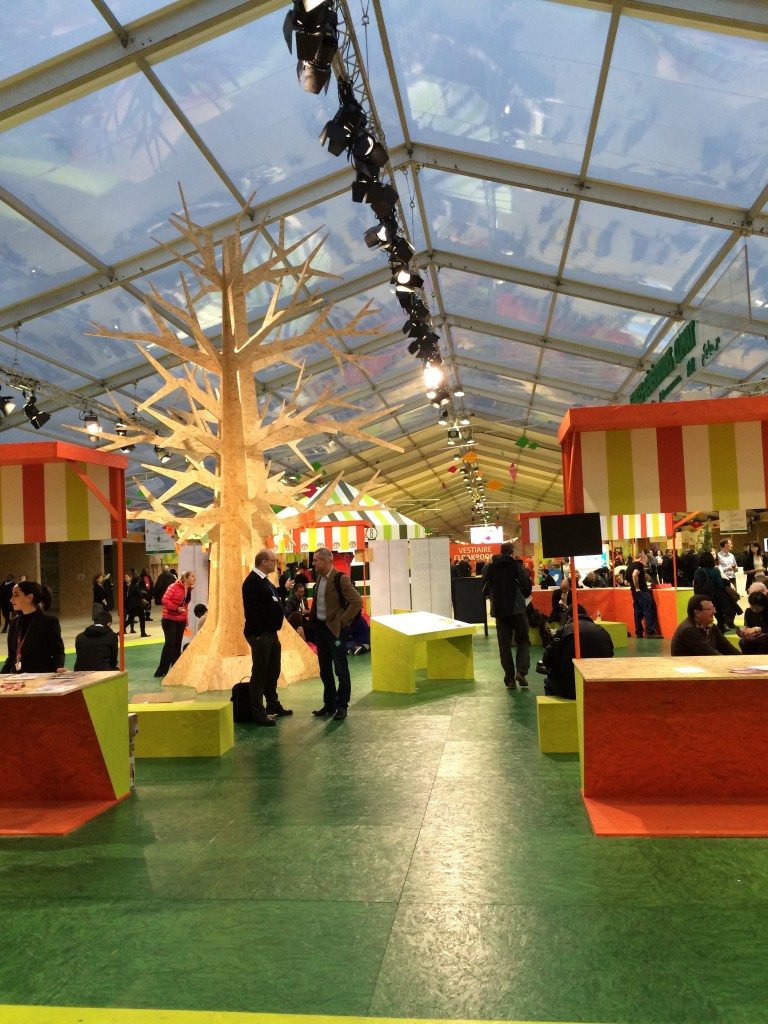
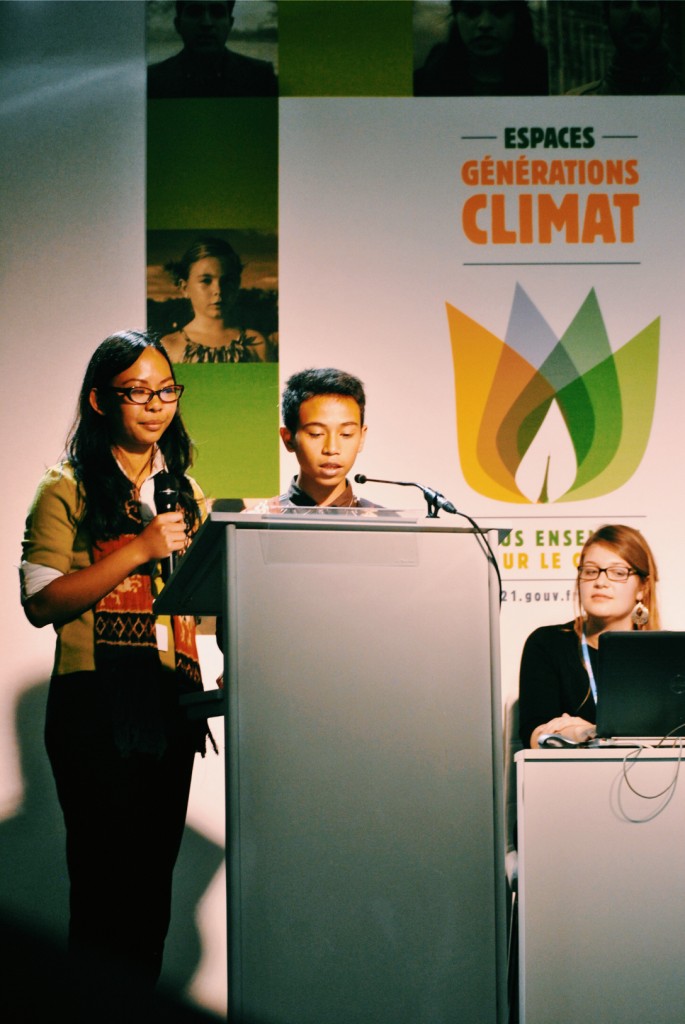
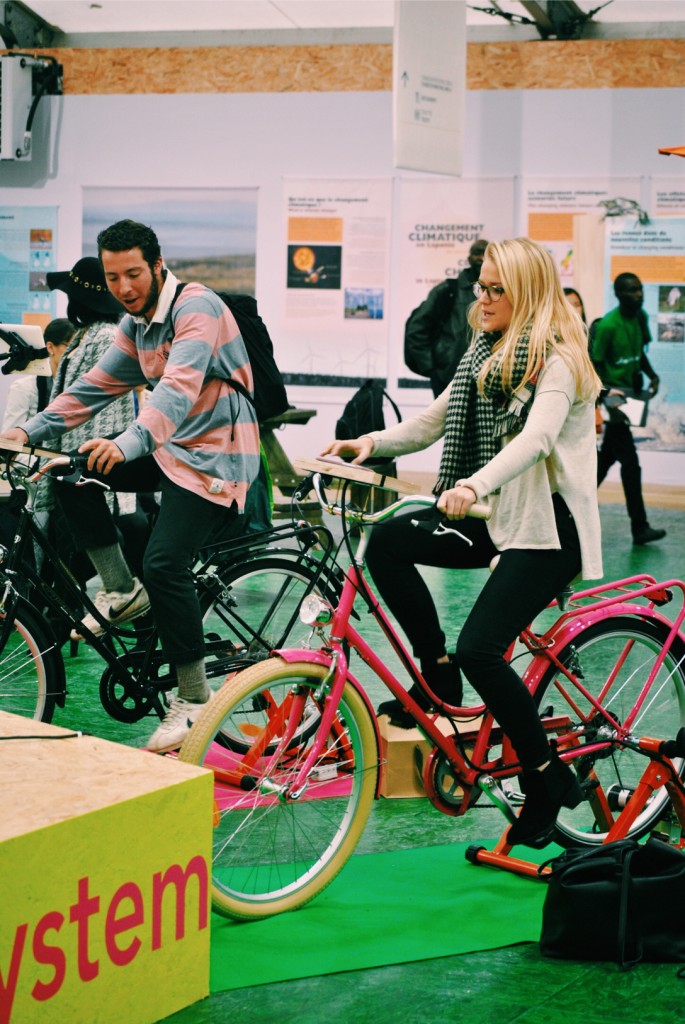
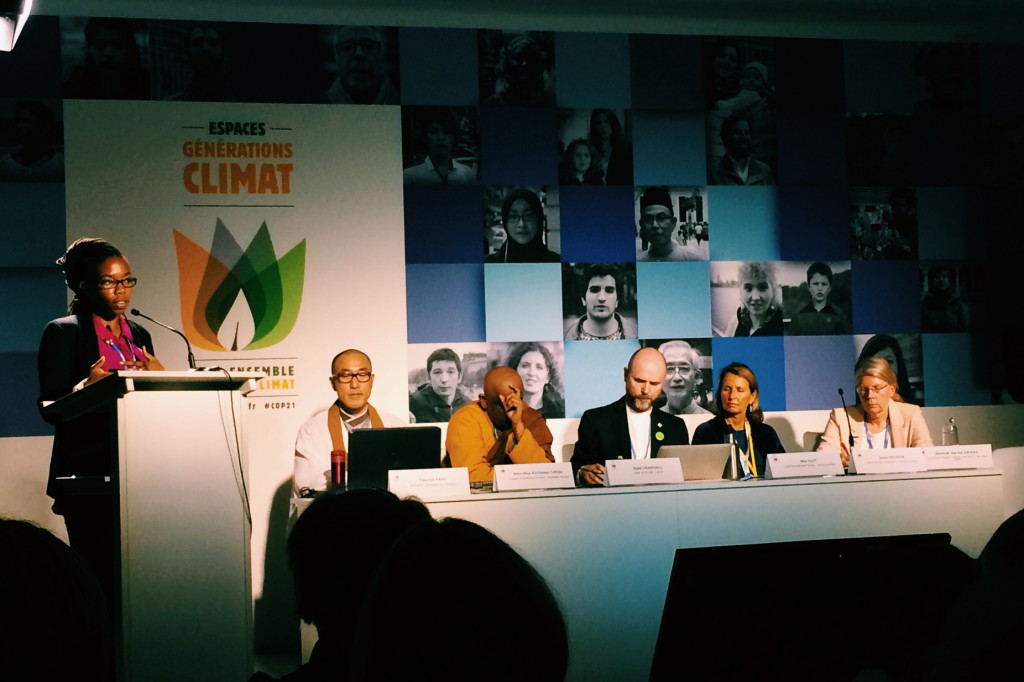
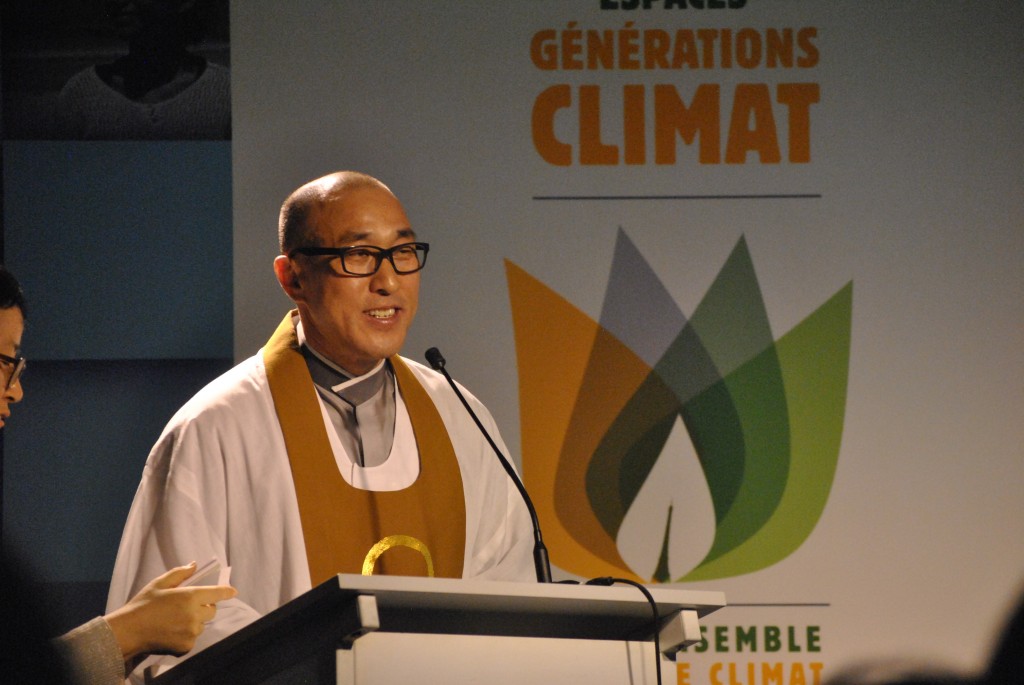
Leave a Reply